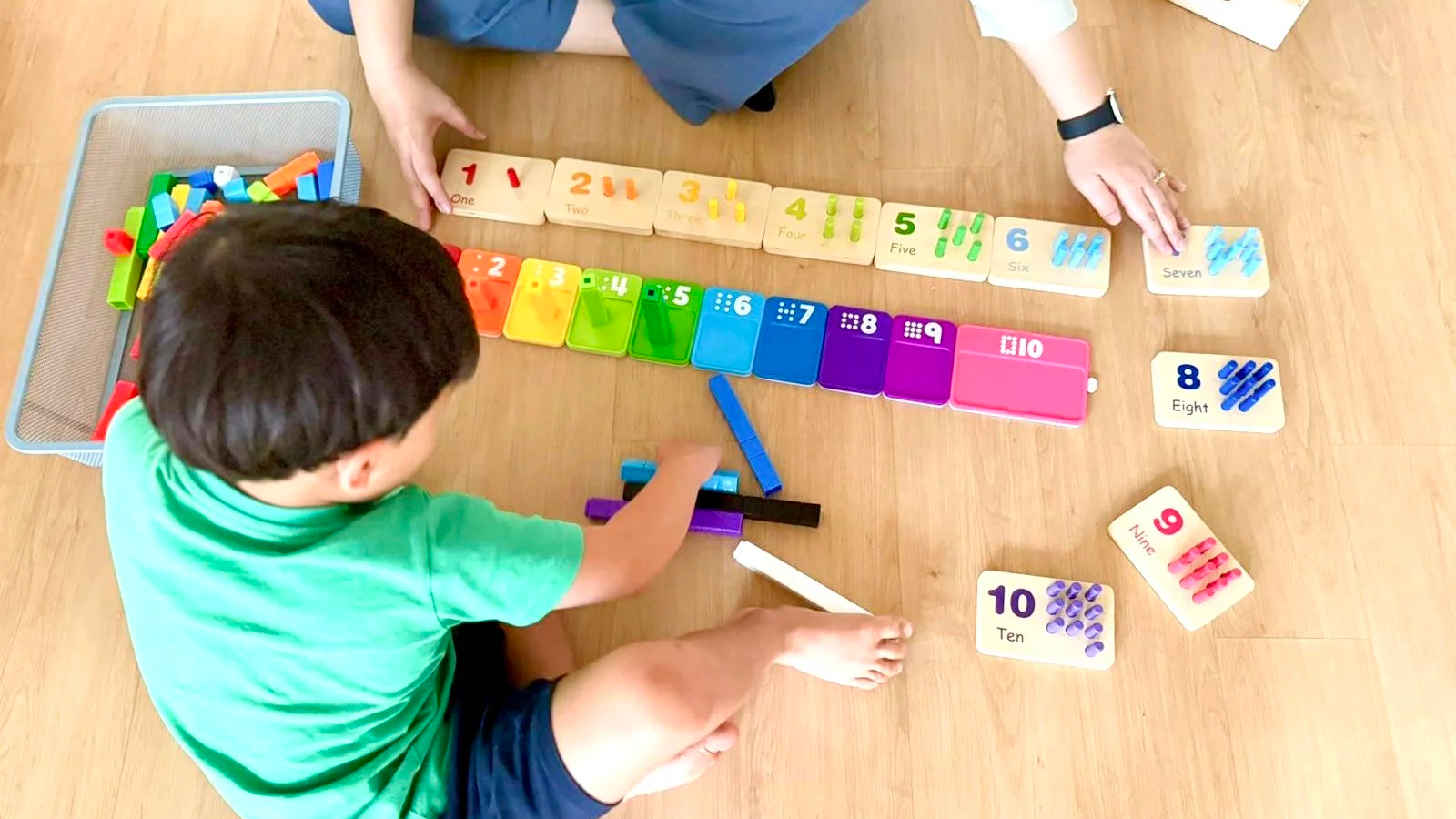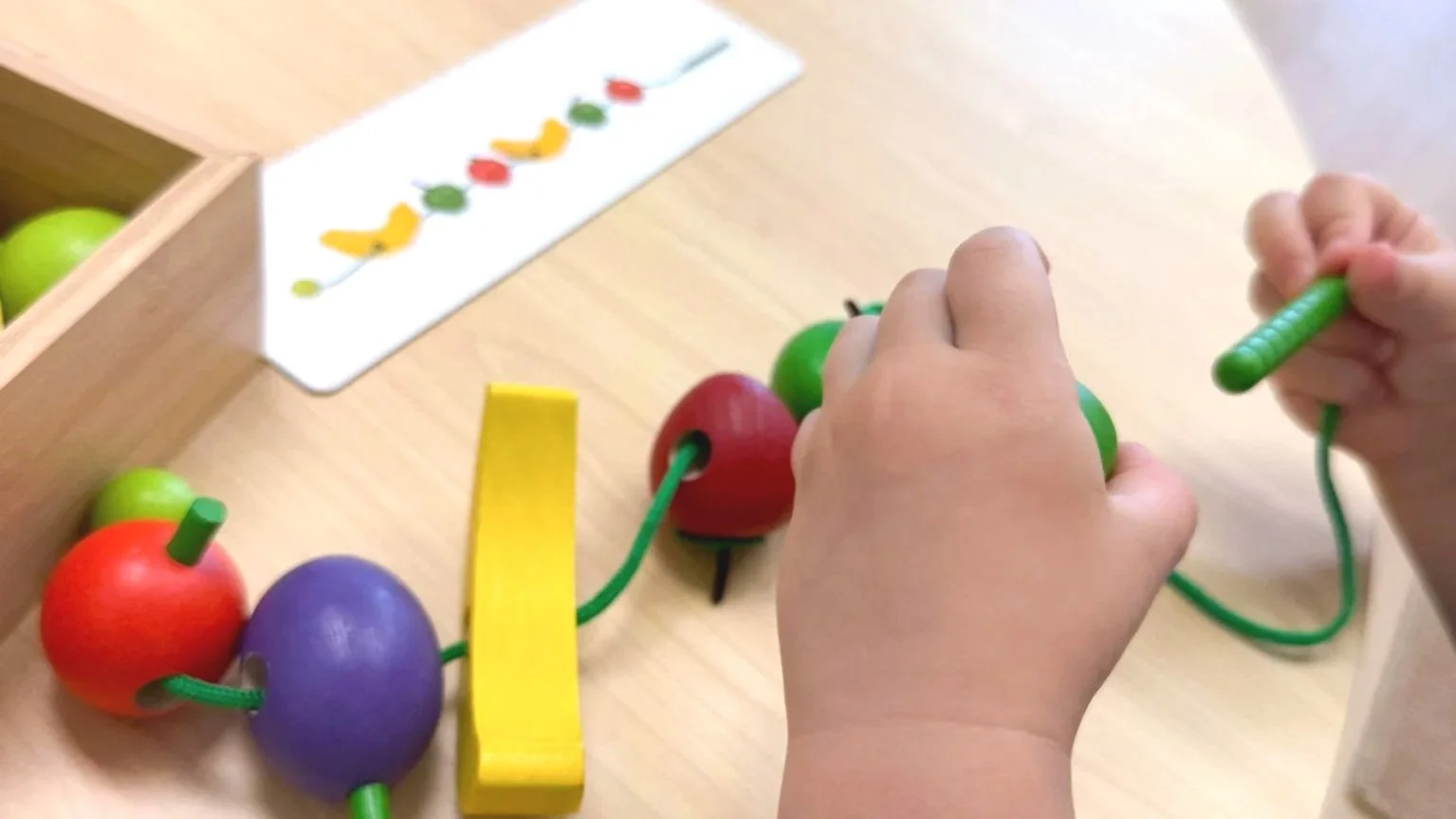Learning Mathematics: Beyond Counting Rhymes
Mathematics begins in actions, relationships, and contexts — not in worksheets.
For many children, the first encounter with mathematics begins with the familiar chant: “one, two, three, four…”
But reciting a string of words is not the same as understanding numbers. As French researcher Rémi Brissiaud highlighted, the real challenge is helping children construct meaning behind numbers.
The limits of the “number rhyme”
A child may recite from one to 50 or 100 fluently without truly knowing what seven represents.
It is like singing the alphabet without grasping that each letter stands for a sound.
This distinction matters: memorisation can look like learning, but without meaning, it remains superficial.
Building meaning through concrete action
Children need to live and experience numbers before they can abstract them. This includes:
Counting real objects: lining up five marbles, giving three apples, sharing four pencils.
Comparing collections: “Do we have more cars or more dolls?”
Using their fingers: the first natural tool for representing quantities — for example, holding up three fingers on one hand and five on the other to show that together they make eight.
Through these experiences, children discover that five is not just a sound. It is a quantity that is bigger than four, smaller than six, and can be combined with others.
Numbers in context
Mathematics becomes meaningful when it is grounded in daily life:
Setting the table for four people.
Counting steps while climbing the stairs.
In school, here at Lumina, this can be:
Prepping for a cake recipe: “We need 2 eggs, 4 big spoons of flour, and 1 cup of sugar…
Handing out as many crayons as there are children.
Mathematics begins in actions, relationships, and contexts — not in worksheets.
Mathematics transcends language
One of the most fascinating aspects of mathematics is that once a child has understood a concept, it transcends vocabulary.
Whether a child says “three,” “trois,” or “三 (sān),” the underlying idea is the same.
At Lumina, once the concept of quantity is secured, language becomes a matter of translation, not comprehension. This reinforces the universality of mathematics and the importance of concept before code.


